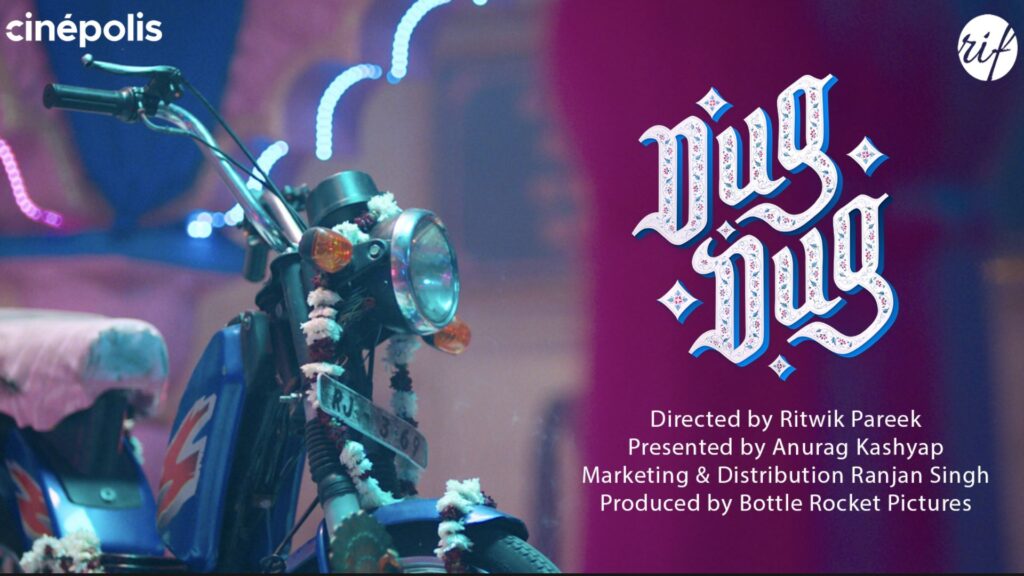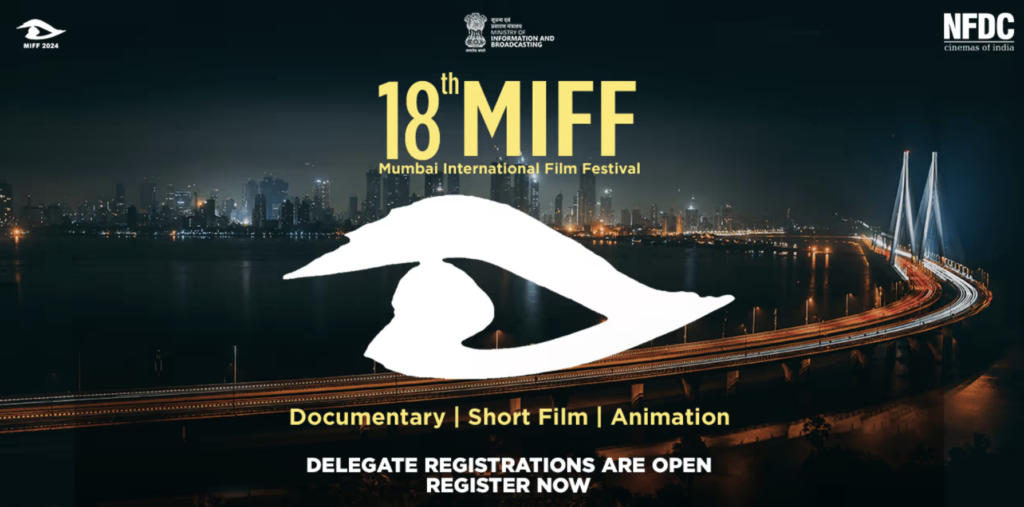In 2024, when TikTok screenwriters and AI-generated web series started clogging the arteries of storytelling with algorithmic wit, festival labs and funds emerged as the last legit sanctuaries of cinema’s soul – a weird, beautiful underground where the next gen of storytellers aren’t discovered, they’re incubated like endangered species. Think of it less like a film school and more like Hogwarts for narrative misfits. From TorinoFilmLab to Sundance Institute, these spaces aren’t just funding films – they’re training creators to weaponize stories as rebellion. Want tea? The Berlin Talent Campus once rejected a filmmaker who went on to win Cannes’ Un Certain Regard. Wild, right? That’s the paradox: these labs birth legends but are still very much human – biased, messy. But they’re still the sharpest instruments in the survival kit of indie cinema. They offer grants, mentors, script labs, residencies in haunted European castles (seriously, like at the Nisi Masa events), and brutal feedback sessions that’ll emotionally flay you but spiritually upgrade you. The history? the Hubert Bals Fund literally helped Apichatpong Weerasethakul finance Tropical Malady, a film so psychedelic and nonlinear that it divided the entire Cannes jury. And oh – he shot part of that film on expired stock because the budget ran dry. The Bals fund said yes when everyone else said “huh?” That’s the impact. But here’s the drama: as funds get co-opted by institutional partners and sponsors, the risk-taking starts to dilute. You see phrases like “globally resonant narratives” start replacing “radically local stories”, which is just PR-speak for safe bets only. And everyone’s exhausted of the same trauma arcs from the Global South, edited for Western palettes. So, while these labs are birthing visionaries, they’re also shaping them within frameworks that sometimes feel like curated rebellion. Still, without them? We’d be left with reboot season 96 and biopics about dudes who invented cereal. The festival lab is where auteurs are born – not in the spotlight, but in sweat, mess, and draft 47.
Festival labs and funds aren’t just support systems, they’re world-building engines. Storytelling multiverses where the next gen of auteurs are sculpted – not with cookie-cutter MFAs, but with warzone-like script labs, culturally specific mentorship, and budgets that can make or break a voice before it even hits final draft. At first glance, it looks all sunshine and grants, but peel back the cinematic poster and you’ll find a messy, emotional, and hyper-strategic ecosystem. The kind of place where a single workshop session can either unlock your final act or spiral your entire concept into self-doubt purgatory. Take Sundance Labs, for example – industry’s Ivy League, but weirder and way more emotionally raw. Here’s a trivia drop no one talks about: Ryan Coogler (Fruitvale Station, Black Panther) literally rewrote entire scenes in Sundance’s Directing Lab while grieving a personal loss – and that grief? It seeped into the rhythm of the film. That’s the kind of alchemy these spaces encourage. Not polished scripts, but lived-in stories. And yet – big yikes incoming – not all labs are built equal.
Many, especially the Euro-dominated ones, come with that lowkey colonial hangover. Labs like Cinéfondation’s Résidence (that bourgeoisie Paris program under Cannes) are known for heavily filtering Global South voices through a Europhile gaze. You might come with a raw, unapologetically local story, but you’ll leave with it re-scripted to explain your “exotic trauma” in ways that read like it was made for Guardian readers and Berlin arthouse blogs. A whole pipeline of curated authenticity. Take the Hubert Bals Fund again – sure, they bankrolled Tropical Malady, but they also passed on Raman Raghav 2.0 by Anurag Kashyap the first time around, calling it “too stylized” and “unrelatable to Western funding bodies”. So basically, too Indian for Europe and too indie for India. Make it make sense.
Still, these labs aren’t just funding films – they’re funding emotional truths, and that’s the high. Like the TorinoFilmLab’s ScriptLab which famously birthed A Chiara – Jonas Carpignano’s Italian-Calabrian coming-of-age banger where he cast non-actors and had them live in-character for months before filming. Total method madness. But here’s the twist – A Chiara was originally written with a male protagonist, and it was during the lab’s feedback loop that he switched to a female lead after one line of feedback shook his foundation: “What are you afraid of in her voice?” That’s what these labs do – they provoke dangerous questions. The kind that mainstream production houses wouldn’t dare ask because they’re too busy calculating risk metrics and brand synergy.
But not all feedback is sacred. Some labs suffer from what I call “Development Hell but make it indie”. Imagine spending 6 months in a residency only for your script to be warped by five mentors, each with contradicting notes, until what’s left is a Frankenstein of your original vision and a dozen bureaucratic voices. Shoutout to Berlinale Talents 2017 – one of the participants literally left halfway citing “creative erasure” because her queer Muslim rom-com was being rewritten into a “coming-out family drama with a European gaze”.
Now let’s talk about vibe shifts. Back in the early 2000s, labs were bare-bones bootcamps. Today? They’re experiential fests. Imagine rooftop screenings, ayurvedic script therapy (it happened at the Dharmashala Film Lab), and AI-assisted editing workshops. The sheer evolution is wild. Like, did you know that the Doha Film Institute funded Wadjda, the first feature shot entirely in Saudi Arabia by a woman, and their only caveat? She had to edit it abroad because she wasn’t allowed to drive to the set. Yep. The fund paid for a proxy driver. That’s cinema and patriarchy locked in a toxic situationship.
Zooming out, the structure of these labs is a mix of mentorship, money, and madness. There’s usually a call-for-entry, then workshops, then pitch forums where your fate lies in the hands of co-production sharks. Ever heard of “co-pro speed dating”? That’s a real thing at labs like Cinemart (Rotterdam). You get 7 minutes to convince a panel of euro-producers that your idea is worth €200K. Basically Shark Tank but if every shark wore turtlenecks and used phrases like “liminal space” and “cinematic grammar”.
But what truly makes these labs tick is the community. The weird late-night convos over budget panic, the sweaty rehearsal rooms, the stolen WiFi to upload that pitch deck before the deadline – you can’t replicate that in Zoom-era webinars. One filmmaker from La Fabrique Cinéma literally said, “I came for funding. I left with a sibling”.
Still, let’s address the algorithm in the room. In a post-2020 world, where content is king and creators are hustling reels over reels, the role of labs is shifting. More and more, there’s pressure to productize creativity. Some labs now literally ask, “What’s your Instagram strategy?” Labs that once nurtured nuance are being seduced by virality. And Netflix, Prime, and Hulu have started infiltrating these labs under the “New Voices” banner. It’s a Trojan horse. They promise mentorship, but what they want is scalable IP. Can you really develop radical cinema inside a corporate funding loop? The jury’s out.
But even with the cracks, the truth holds: labs and funds are still where the real ones get forged. Not because they hand you money and validation – but because they hold you accountable to your story in a way no streaming deal or social media collaboration ever could. They remind you that your draft is not done. That you are the next voice. That the world doesn’t need another sequel – it needs your truth, told ugly, weird, raw, and real.
So, festival labs aren’t utopias. They’re more like creative pressure cookers where pretentious dreams meet brutal deadlines. They demand clarity but allow chaos. They are flawed, biased, brilliant, sacred spaces. And in the cinematic Hunger Games we call the industry? They’re the only districts still producing revolutionaries, not just content creators.
In a world increasingly obsessed with virality over vision and algorithmic success over artistic substance, festival labs and funds stand as the final frontiers for unfiltered storytelling – imperfect yet irreplaceable crucibles where raw talent is not just recognized but rigorously sharpened. These spaces, despite their gatekeeping tendencies and Eurocentric biases, continue to be the most vital incubators for cinematic innovation, cultivating voices that would otherwise be drowned out by the noise of commercial entertainment and digital content churn. It is not film schools or studio boardrooms, but these labs that hold the power to birth a new cinematic language – one forged through discomfort, community, and radical introspection. When a lab truly works, it does what no corporate mentorship ever can: it interrogates the artist’s soul, breaks down narrative clichés, and builds stories that disrupt, heal, and demand attention. This is not a nostalgic romanticization but a call to fiercely protect these spaces from being co-opted by market logic and sanitized by Western narrative templates.
The obsession with making “relatable” cinema must be replaced with a hunger for truth-telling that doesn’t apologize for its cultural specificity or political edge. While criticism around creative erasure, feedback overload, and institutional favoritism must be acknowledged and challenged, their existence doesn’t negate the seismic influence these programs wield. Labs and funds, at their best, democratize the act of dreaming and elevate cinema beyond entertainment – towards resistance, reckoning, and revolution. It’s time to stop viewing them as mere stepping stones to festivals and start recognizing them as the real battlegrounds where future auteurs are made. Not just the next wave – but the only wave that matters.


